5. The Invitation
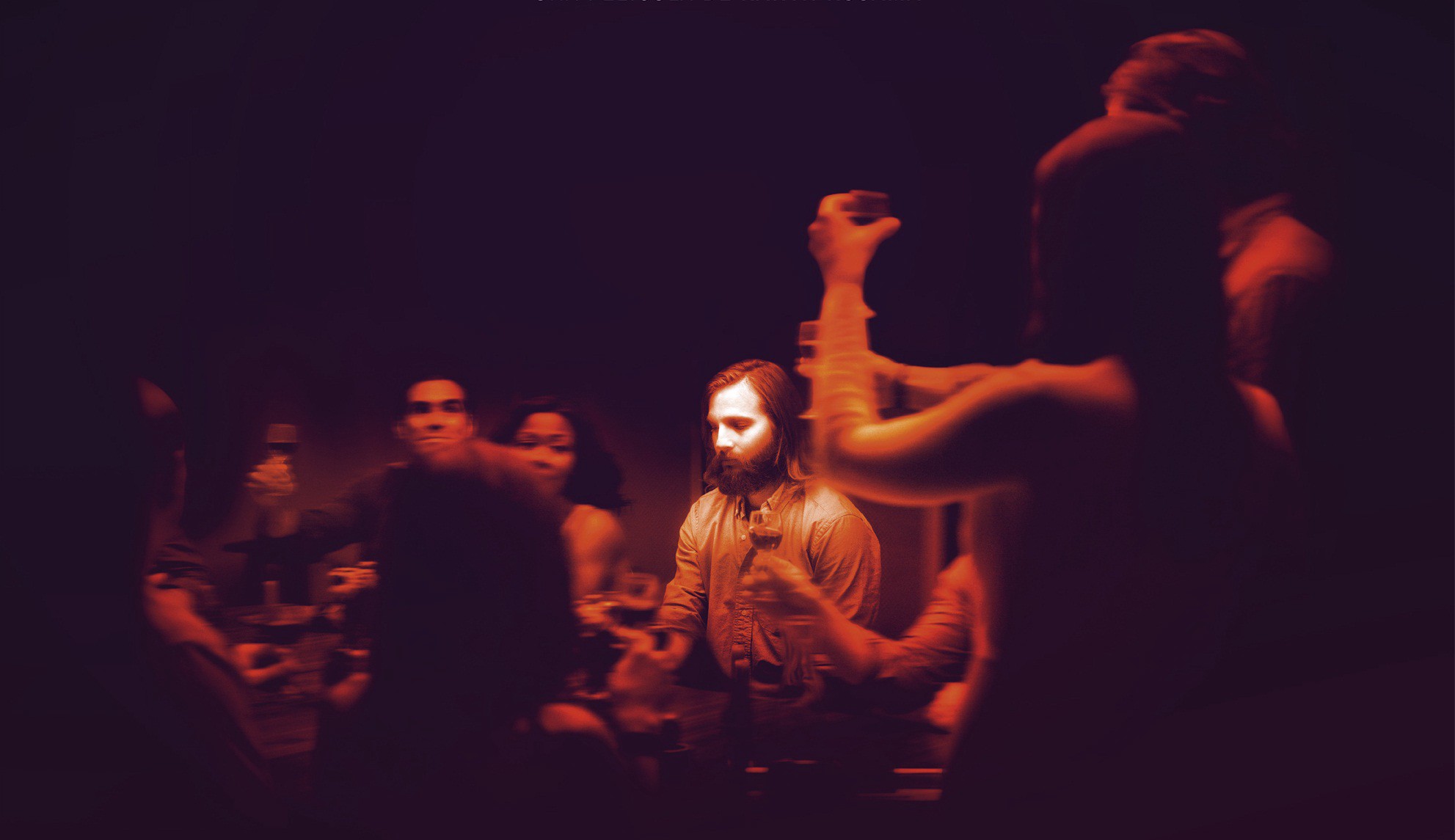
When it comes to unnerving source material, The Invitation doesn’t have to try hard. After all, awkward dinner parties are most people’s idea of a terrifying evening. Set against the backdrop of a marriage that dissolved in the wake of unspeakable tragedy, most of the tension in this disquieting thriller takes place in the home of Eden and her new husband David, with the incredulous Will remaining suspicious of every presumably hospitable act that the couple performs.
For their part, the other guests simply try their best to keep their wits about them in an increasingly uncomfortable night of adult beverages, seemingly harmless personal intrusions, shows of alleged intimacy that just don’t feel quite right, and an inexplicable gloom that steadily fills the wealthy couple’s expansive home.
Performances are solid and steadfast on all fronts, but most outstanding is the unhinged Will and his blatant mistrust of all things—his unflinching display of brokenness in the face of loss, his attempts to find his place in a world where nothing feels certain and everyone seems to ignore the agonizing truth. The Invitation is sure to leave viewers floored with its final revelations, laying bare a horrifying tale of the consequences of unconfronted, unrelenting grief.
4. The Clovehitch Killer
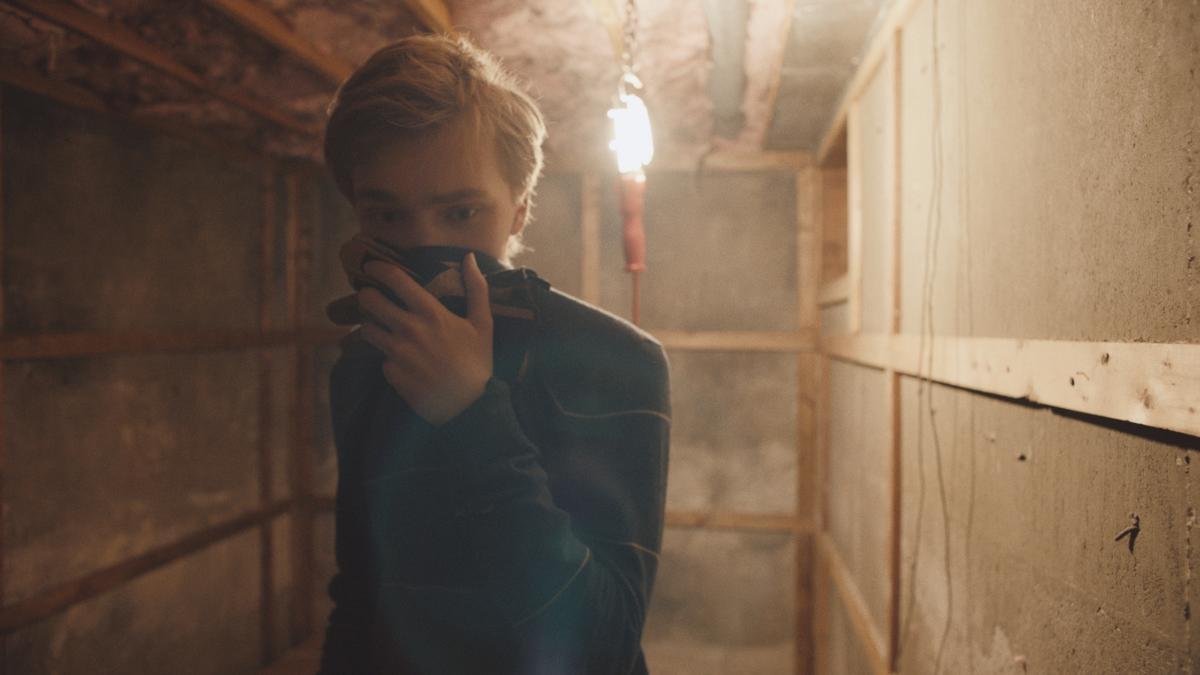
A myriad of films claim membership to the ranks of slow-burn, creeping narratives; but in many ways, The Clovehitch Killer stands out above the rest. Told from the perspective of a ripening Christian boy scout, the film details the fallout of a string of brutal murders in an exceptionally religious community.
Contrasting the subtle spookiness rampant in its small-town vibe with the eerie depravity of a sick and twisted serial murderer, The Clovehitch Killer sees its allegedly pious residents do their best to make sense of a ghastly situation through the ostensible eyes of holy faith. It seems to them inconceivable that such heinous circumstance could befall a self-proclaimed God-fearing town. And yet the darkness that wades just below the shallow surface of practiced prayers and feigned devotion proves more than enough to set hearts ablaze.
Functioning as a warning against willful ignorance in the face of uncomfortable truths, the film presents some of the more legalistic aspects of Christianity as a stand-in for social prestige, exceptional talent, lavish wealth—attributes that seem unassailably ironclad and incorrigible as far as lay men and women are concerned.
“Your father has his hobbies,” says the dismissive mother of the film’s protagonist as her son questions just how innocuous those hobbies really are. Excruciating in its execution and hauntingly bewildering in its final moments, The Clovehitch Killer questions its characters’ motives and suggests that perhaps they—and others like them—truly believe in no gods but those accounted for by the dictates of personal comfort.
3. Unsane
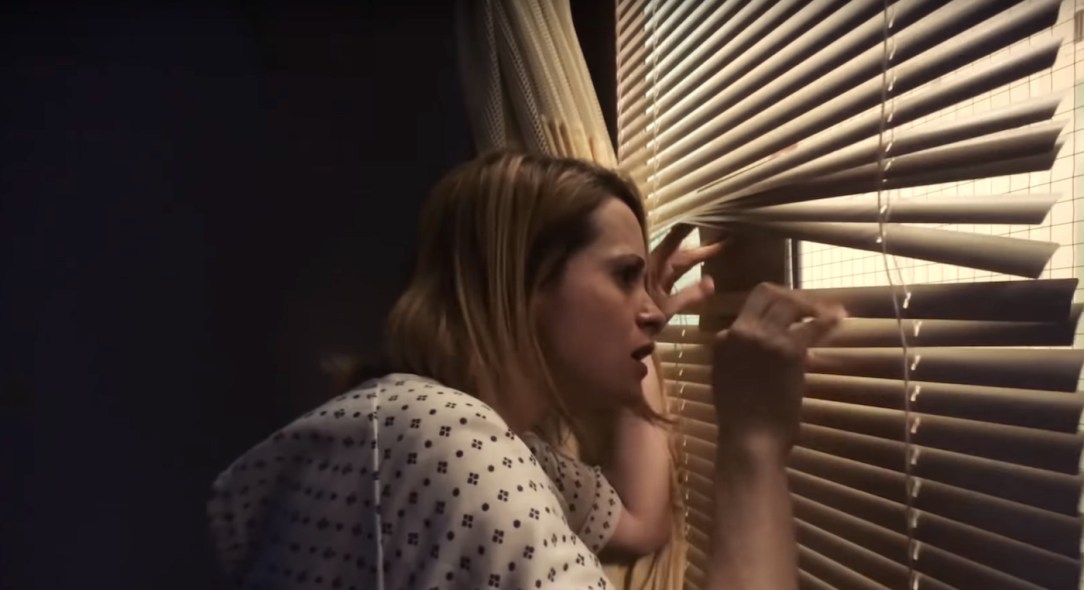
Among contemporary horror films, the topic of mental illness continues to gain traction, and rightfully so. In a society fixated on aesthetics and presentable perfection, few things are more terrifying than being labeled crazy, unstable, or incapable of caring for oneself—and it is just that stigma that Unsane tackles head-on. When Sawyer Valentini, a former hospice worker, visits a behavioral center in hopes of battling her troubling anxiety, she begins to discover sinister dealings beneath the institution’s unassuming and welcoming veneer.
Forced to face some of her deepest fears while combating the ever-present supposition that she neither possesses nor deserves any real personal agency, Sawyer embarks on an onerous journey to extricate herself from the clutches of an organization content to prey on the psychologically unwell for profit—all while being methodically chased by a nearly omnipresent stalker.
Though the film’s more thriller-based elements prolifically pervade its final act, Unsane remains a story that never forgets its heart and the depth of its subject matter, granting a satisfying look at the ability of a mentally troubled woman to overcome.
2. Summer of ‘84
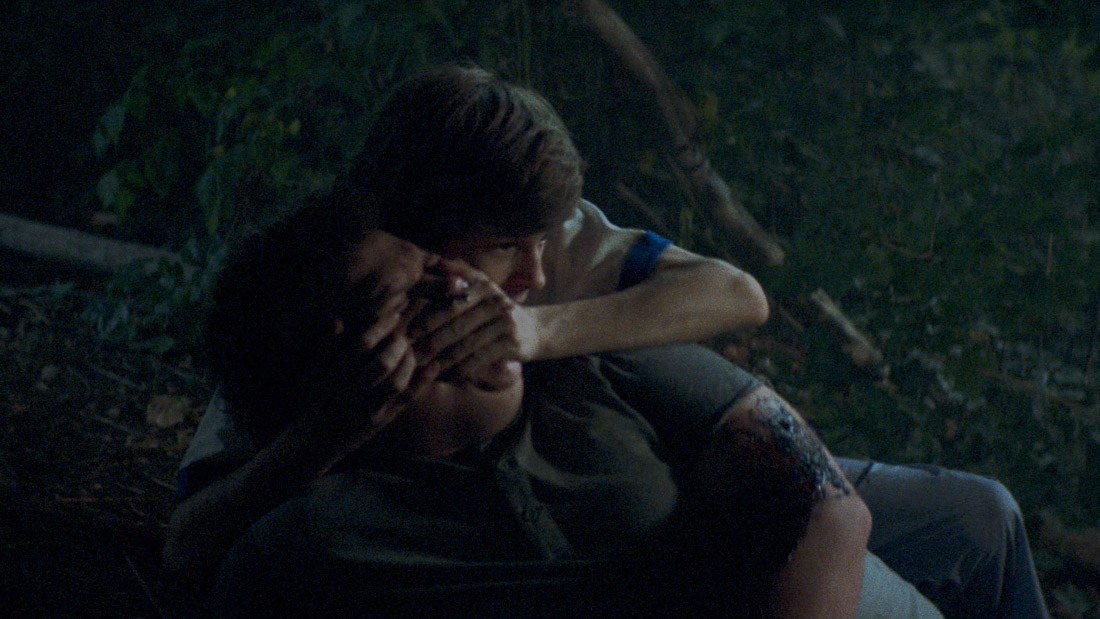
Since the advent of the wildly popular Stranger Things, nostalgia for the ‘80s seems to be taking the world of horror by storm, and Summer of ’84 is no exception. Walkie-talkie radios and retro-newspaper cutouts abound in this twisting tale of teenage boys who reluctantly band together after suspicious clues surface that eerily implicate their neighbor in an alarming number of missing-kids investigations.
Though it successfully manages to comment with nuance on what hides beneath the polished exterior of urban life—both in the ‘80s and in the present day—Summer of ’84 has its strongest asset in its believable cast and engaging storyline. It takes what might otherwise be a mundane whodunit and injects it with enough mystery, surprise, and dramatic thrill to make for a memorable entry into the oft-overlooked canon of unhinged teen chillers.
1. The Cured
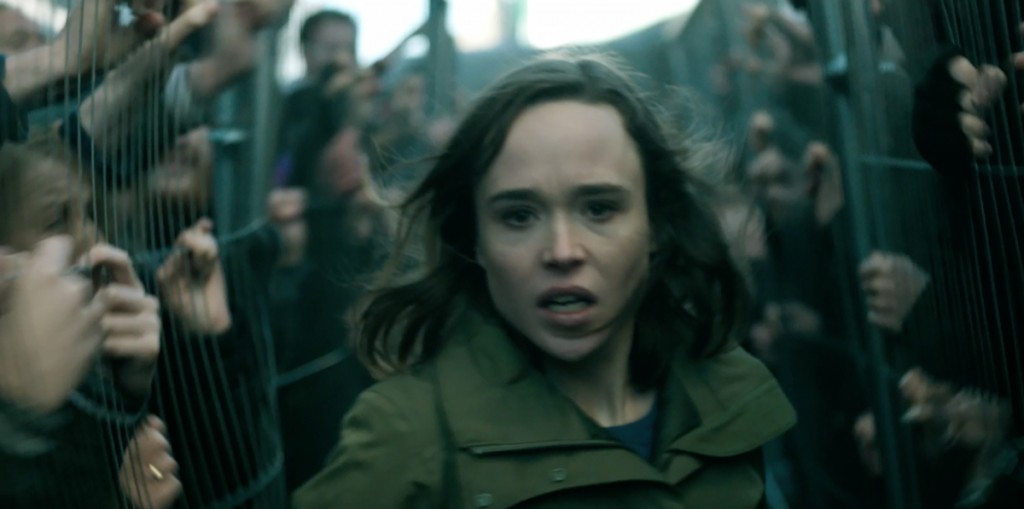
With an already hefty film stock of flesh-eating zombies, it’s no small feat that The Cured manages to offer up more than a few crisp and colorful new ideas. As the film focuses on the lives of former zombies trying desperately to reintegrate into a hostile society reluctant to forgive them for the atrocities they committed, themes of in-group-out-group bias take on new life as the movie’s uninfected humans grapple with a massive question of “us and them.”
Yet The Cured still manages to never feel so derivative—it is not content with relegating itself to the status of sociopolitical commentary, electing instead to counterbalance its more conversational themes with suitable frights along a never-ending path to chaos and, paradoxically, the freedom, sanity, and release that so often threatens to disappear betwixt brutally battered corpses and blood-streaked highways.